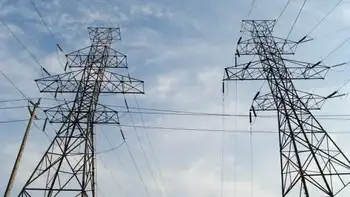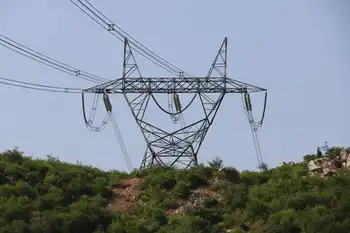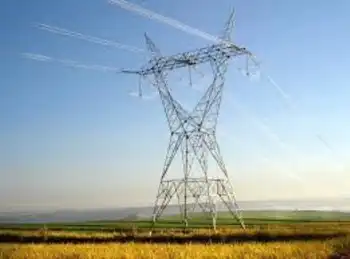Plug-in power a key to cleaner air
By Vancouver Sun
CSA Z463 Electrical Maintenance -
Our customized live online or in‑person group training can be delivered to your staff at your location.

- Live Online
- 6 hours Instructor-led
- Group Training Available
A proposal going to the Metro Vancouver environment and energy committee would make "port electrification" a priority for the region due to ongoing concerns about the effect of ship diesel emissions on local air quality and human health.
At present, seagoing vessels including cruise, container and other cargo ships keep their engines running in port in order to generate electrical power for on-board lights and other systems.
Collectively, ship exhaust emissions comprise one of the biggest sources of air pollution in the Metro-Fraser Valley region — port electrification would allow marine vessels to switch off their engines and plug into the grid instead.
The biggest snag is an absence of federal dollars — $4 million is needed to bolster contributions from the Metro Vancouver port authority, the region, the marine industry and the province.
Port Metro Vancouver hopes to see cruise ships plugged in for the 2009 summer season - Holland America and Princess Cruises already have plug-in ships plying the west coast.
Metro committee chair Joe Trasolini noted that with a federal election underway, it's an opportune time for the locals to lock in a commitment for the cash.
"I've been harping at this for three years, but it seems to be an opportune time now," said Trasolini, who will be standing for reelection as mayor of Port Moody in November's municipal elections.
"We are doing a lot to try to reduce greenhouse gas emissions and particulate matter emissions and so on, all of the things that affect the airshed. Yet there was one area where we saw exponential growth with nothing to abate it. That was emissions originating from marine vessels," Trasolini said in an interview.
"The objective is to have onshore power right across the Metro Vancouver port — but as a first step we have to power up the cruise ship industry, who seem to be more in the public eye and more willing to comply with our requests."
John Hansen, president of the NorthWest CruiseShip Association noted that the first shore plug terminal on the west coast was established at Juno, Alaska, in 2002.
"Since then Seattle has provided shore power plug in for two of their three berths. Holland America and Princess Cruise ships are able to plug-in in Seattle.
"We are certainly aware that there's a lot of interest in California, in Long Beach, in San Pedro, in San Francisco and San Diego to follow suit.
"We're certainly excited about the prospect of having that capability in Vancouver as well."
Hansen said that if you discount the capital investment needed to install a transformer on a ship in order to plug into the grid, the cost of electricity from shore power and diesel generation is roughly equal.
Darryl Desjardins, environmental programs director for Port Metro Vancouver said the port hopes that within 15 years, the capital stock rollover among international shipping lines will lead to all ships coming into the Vancouver port with the capability to plug into the grid.
"In the inner harbour, the Vanterm and Centerm container terminals already have the infrastructure in place to allow for the electrical wiring to go to the dockside, and when the Deltaport third berth project is complete at Roberts Bank, that will also have the infrastructure in place for shore power," Desjardins said in an interview.
He said the port is also looking at projects such as wind and tidal power generation to produce enough electricity to feed ships without drawing on the BC Hydro grid.
The port authority has applied formally to BC Hydro for an interconnecting service, and Hydro must obtain consent from the B.C. Utilities Commission in order to develop a pricing scheme for the seagoing customers.
Hydro spokeswoman Susan Danard said that the power would be provided to ships on an "interruptible" basis — in other words, Hydro will reserve the ability to cut their supply if demand spikes from their regular customers.











